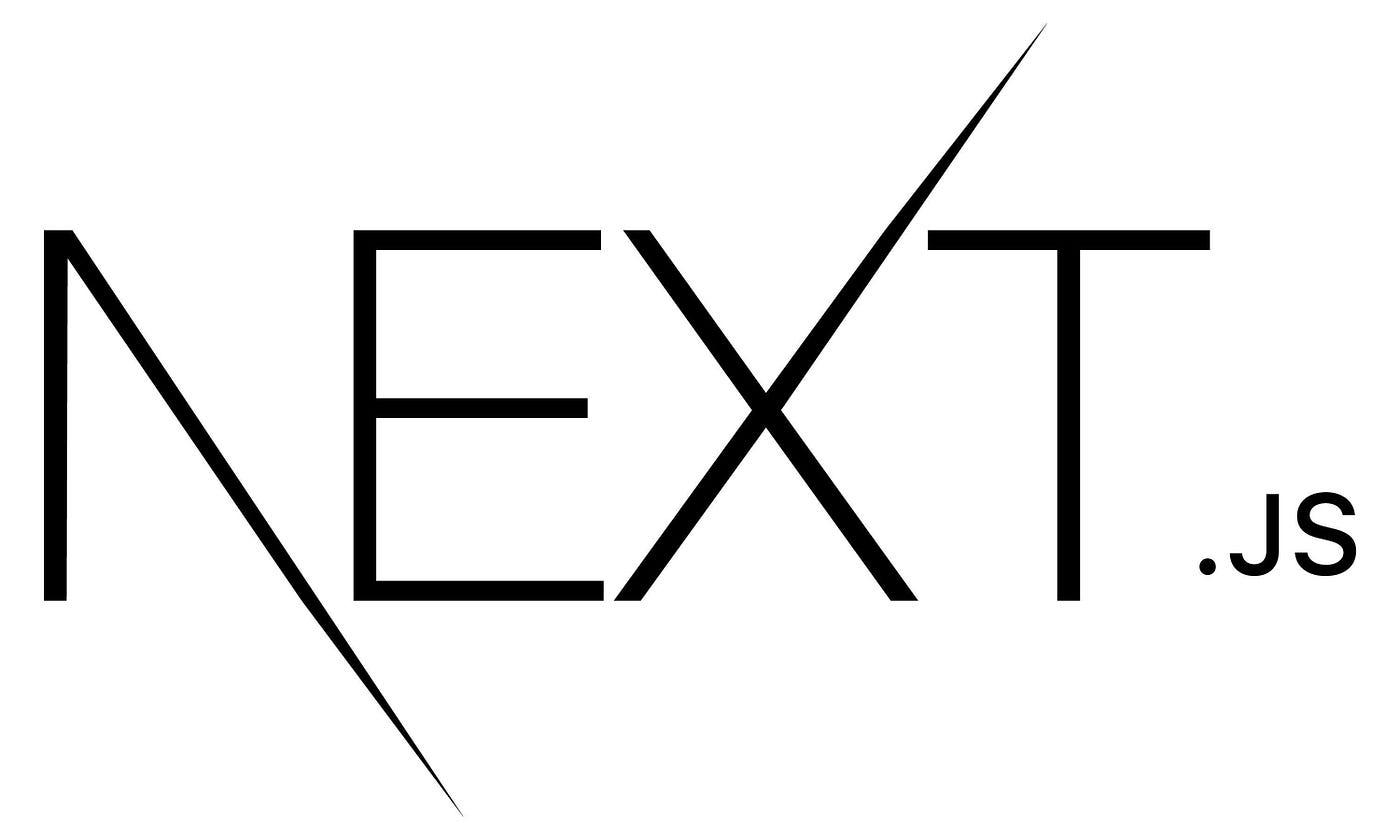How to Hire a NextJs Developer
Next.js is a popular open-source framework for building server-side rendered (SSR) and statically generated websites and applications. It is built on top of React and provides a set of features that make it an ideal choice for businesses looking to improve the performance, scalability, and search engine optimization (SEO) of their online platforms. According to a Stack Overflow survey in 2023, Next.js is a favored choice among developers for building web platforms and apps due to its features and community support.
If you're working on a web project or updating your site, getting a NextJs developer helps greatly. This guide shows you how to hire a Next.js developer. We'll cover what they do, the skills they need, where they can be found and what questions you need to ask to pick the best ones.

Responsibilities of a NextJs Developer
As the demand for efficient and scalable web applications continues to grow, the role of a NextJS developer has become super important. NextJS has revolutionized the way developers approach server-side rendering, static site generation, and overall web application development. If you’re not sure what all a Next.js developer does, or how they can exactly be of help to you, go through some of the responsibilities they are tasked with.
Develop user interface
A NextJS developer creates and implements user interfaces that look good and are easy to use. Due to this they are involved in enhancing the design of projects' UI, refining user flows, and restructuring user interaction flows to create visually appealing, user-friendly, and intuitive experiences.
Application optimizations: NextJs developers are tasked with customizing, securing, and optimizing websites and applications using Next.js’s modern technology stack, and so are considered great at making web apps run better. They use methods like code splitting, lazy loading, and caching to make it happen. Being experienced with these methods improves how fast the developer can make apps load and work, giving users a good experience.
Cross-functional team collaboration: They have the duty of teaming up with designers, backend developers, and project managers. Together, they should work to understand project needs, share ideas, and merge front-end and back-end smoothly.
Develop features and functionality: Next.js developers work on various projects such as video streaming apps, single-page web services with bots, debugging existing websites, and developing web applications using React JS/Next JS/Firebase frameworks. They are responsible for integrating methods for user update functions, adding download file functionality, and deploying websites on platforms like Vercel or Ubuntu servers.
Maintenance and updates: One key aspect of their role is to ensure the proper functionality of updates they make. They are expected to keep in verse with Next.js updates and dependencies, making maintenance easier compared to managing custom setups for SSR, Webpack, and other tools.
NextJS developers focus on making web apps that look great and work well. Their skills in interface design, app optimization, and teamwork are crucial to any web project.
Skills of a NextJs Developer
Apart from their responsibilities, it is the skillset of a NextJs developer that allows them to perform said roles and functions of their job. Here is what they need to know and be proficient in.
Expertise in JavaScript: JavaScript is vital for NextJs development. Developers should deeply understand it. They must be skilled in JavaScript's basics and familiar with modern frameworks and libraries.
Proficiency in React: Since NextJs uses React, developers must know it well. This includes handling React's components and managing app states. They should also be adept at creating reusable UI components and working with React's virtual DOM.
HTML/CSS Skills: Good HTML and CSS knowledge is essential for NextJs developers. They need to turn designs into responsive web pages. These pages should also be accessible and look great.
Server-Side Rendering (SSR): Understanding SSR is a crucial skill for NextJs developers. It allows apps to load pages more quickly. Plus, it boosts SEO, which is great for standing out online.
API Integration: Being able to integrate APIs is important. It enables developers to pull data from other services. This adds dynamic features to the NextJs app.
Looking for NextJs developers with these skills ensures top-quality web pages and applications that are fast, perform well, and offer a great user experience.

Where to Find NextJS Developers
If you need skilled NextJS developers for your web project, there are many places to look. It's important for your NextJs development needs that you source talent from reputable places to ensure your project’s success. If you have the time to search, one of the obvious places to look for full-time NextJs developers is LinkedIn. You can either use the search bar on the website, find relevant profiles and conduct outreach. Or you could simply put up a job post ad and see what kind of applications your job post attracts.
However, if you’ve been through that and haven’t been able to find the right kind of talent, other places to look are talent boards like CryptoJobsList. Tech talent from all over the world can be found listed with their respective qualifications, experiences, portfolios before you even reach out to these prospects.
If you’re looking for freelance talent, you can go to websites like Upwork, Freelancer, and Toptal - all great for finding NextJS freelancers. These sites have many professionals ready to work on projects. You can post your project needs and look at the profiles and portfolios of freelancers.
If you have some time to look, networks like GitHub, Stack Overflow, and Dev.to are where NextJS developers hang out. These places have forums and groups where developers share what they know. By getting involved, you can meet NextJS developers, see their work, and maybe find someone for your project.
When looking for NextJS developers, make sure to check their skills, experience, and portfolio. This helps make sure they fit your project needs. Using these platforms increases your chance of finding a great NextJS developer for your web project.
Questions to ask when hiring NextJS Developers
When you're looking to hire a NextJs developer, it's very important that you prepare the right set of questions to ask. Asking such questions helps you see their tech skills, how they solve problems, and their way of communicating. Here are some good interview questions for hiring a NextJs developer:
Can you explain the key features and benefits of NextJS?
The purpose of this question is to test the candidate's knowledge of NextJS and why it's great for web projects. You should ideally be looking for answers that mention server-side rendering, code splitting, and React integration.
How familiar are you with React and its ecosystem?
The purpose of this question, again, is to test the candidate’s knowledge of React in relation to NextJS. NextJS is based on React, so it's important the candidate knows React well. They should understand virtual DOM, component state, and lifecycle methods. While the candidate is preparing to answer or already answering, do also ask about their experience with React libraries and tools.
Describe your experience with server-side rendering (SSR) and its benefits.
The purpose of this question is to evaluate whether or not the candidate has worked with SSR and if they view it as valuable. NextJS is excellent for server-side rendering, which makes websites faster and better for SEO, so the candidate should be able to tell you how SSR can enhance user experiences, boost performance, and help with search engine indexing.
How do you handle data fetching in NextJS applications?
The purpose of this question is to establish a candidate’s experience working with NextJs features. Ask how they fetch data in NextJS, whether through server-side rendering, static site generation, or client-side rendering. They should understand different data fetching strategies and their effects, and should be able to explain them easily to you.
Share an example of a complex NextJS project you've worked on and explain the challenges you faced.
The purpose of this question is to allow the candidate to explain how they go about problem-solving. It also helps you understand their hands-on experience with NextJs projects in the past. You should look for their ability to manage complex projects, overcome technical issues, and meet project needs.
How do you optimize the performance of NextJS applications?
The purpose of this question is to see if they understand and can apply basic optimizations of NextJs apps. NextJS offers ways to boost performance, like code splitting, lazy loading, and caching. Check if the candidate knows these methods and can use them to make faster, more responsive applications.
Can you explain your experience in working with API integrations in NextJS?
The purpose of this question is to determine if a candidate has hands-on experience with API integrations. NextJS works well with APIs. See if the candidate is familiar with RESTful APIs, GraphQL, and other integrations. They should be skilled in managing data flow between NextJS and external APIs.
Describe a situation where you had to collaborate with cross-functional teams to deliver a successful NextJS project.
The purpose of this question is to evaluate how the candidate approaches communication and collaboration for success. NextJS projects often need close work with designers, back-end developers, and project managers. Look for stories where the candidate effectively partnered with others to achieve project goals.
By asking these interview questions, you'll get a clear picture of a candidate's technical skills and problem-solving ability. Remember to tailor these questions to fit your project needs and company goals.
We hope you found this helpful enough to hire a NextJs developer easily now. You can also scroll to the top of the page to explore and hire available NextJs developers for your project right away.






































